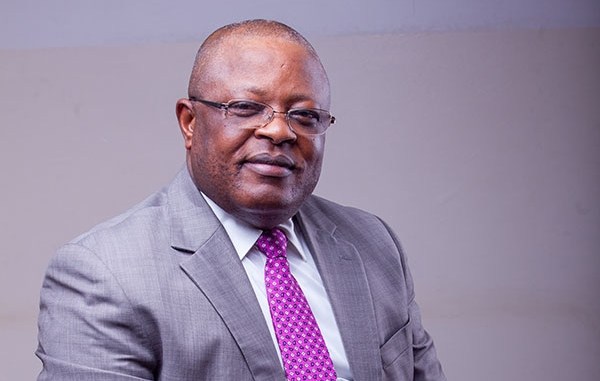The Minister of Works, Dave Umahi, has declared that dredging and sandfilling activities near seas and rivers—especially around bridges—in Lagos State and across Nigeria are illegal and attract severe penalties.
His statement comes nearly 90 days after Gbadebo Rhodes-Vivour, an opposition figure and former Labour Party (LP) governorship candidate in Lagos State, raised concerns about unregulated dredging and sandfilling in the state, particularly in coastal areas like Makoko.
In February, Rhodes-Vivour challenged the Lagos State Government to produce the Environmental Impact Assessment (EIA) authorizing the sandfilling in Makoko and to account for the potential consequences of such actions.
Reacting to the Minister’s recent remarks, Rhodes-Vivour said, “Thankfully, the Minister of Works is also raising the alarm. When I say that Lagos is criminally misgoverned, the evidence is everywhere.”
He further argued that proper urban development should be environmentally conscious, citing examples like Venice and Amsterdam, where communities are built sustainably over water. “Development shouldn’t just mean sandfilling and building,” he said. “Venice is like Makoko, but better designed. Amsterdam has floating buildings and other innovations.”
Recalling his experience working in Delta State, he added: “We tried to sandfill near the Niger Bridge, and we were told dredging had to maintain a minimum distance of 800 meters from the bridge. But in Lagos, dredging is happening much closer to the Third Mainland Bridge. Where is the Environmental Impact Assessment permitting this?”
The Minister, in what appeared to validate Rhodes-Vivour’s concerns, expressed surprise that illegal dredging was still taking place despite a Federal Executive Council (FEC) directive banning all forms of dredging within a 10-kilometer radius of any bridge in Nigeria.
“I was shocked to see extensive dredging near the Third Mainland Bridge,” Umahi said. “The FEC, chaired by Mr. President, banned such activities nationwide four months ago. I’ve been informed that some of the perpetrators have been arrested. Once they’re handed over, we’ll prosecute them accordingly.”
Umahi also explained the risks involved: “In Lagos, many of the pipes and bridge supports rely on skin friction—meaning it’s the sand that holds them in place. Removing the sand poses serious structural risks.”
He added that surveillance cameras have been installed on and under the Third Mainland Bridge, and similar monitoring will be extended to all bridges in Lagos.
Investigations reveal that dredging and sandfilling activities—especially around Lagos Island—are known to state authorities. These operations are believed to be causing flooding and unusual erosion in several communities. This was the basis for a letter from the Renaissance Patriots Foundation, a socio-cultural group advocating for Lagos State indigenes, opposing the planned demolition of the Adeniji-Adele Scheme II Housing Estate last year.
The Lagos State Government cited waterlogging as the reason for the planned demolition, but the group insisted the issue stemmed from the blocked waterways caused by sandfilling around Ilubirin, which has obstructed natural water flow during rainfall.


